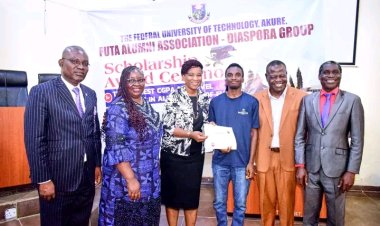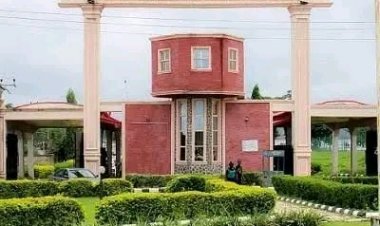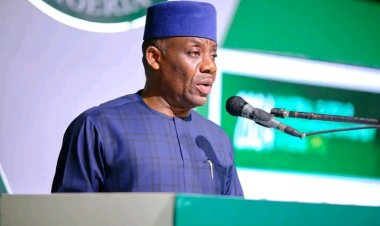Kano University Faces Crisis Over Electricity Disconnection from National Grid
"We are left with these options: either shutting down the university, advising students not to return after the first semester vacation, or having students bear the burden of staying without electricity," Dambazau stated in Kano on July 1, 2024.

The Aliko Dangote University of Science and Technology in Wudil, Kano State, faces potential disruption as the Kano State Electricity Distribution Company (KEDCO) has disconnected the university from the national grid, plunging the institution into darkness.
The university management has expressed dismay over what it describes as KEDCO's insensitive actions, despite the institution having paid N20 million out of a N60 million monthly bill. Prof. Abdulkadir Dambazau, Dean of Students Affairs, outlined three possible courses of action in response to the disconnection.
"We are left with these options: either shutting down the university, advising students not to return after the first semester vacation, or having students bear the burden of staying without electricity," Dambazau stated in Kano on July 1, 2024.
According to Dambazau, the university previously paid between N16-17 million monthly for electricity. However, KEDCO increased the bill to N50-60 million, citing a reclassification of the institution to Band A. This abrupt increase has posed significant financial challenges to the university, which receives only N20 million monthly from the government.
The disconnection has not only affected the university's power supply but has also resulted in severe water shortages, as the institution heavily relied on electricity for water provision.
Dambazau appealed for urgent intervention from the government, philanthropists, and the general public to prevent the complete shutdown of the university. He emphasized the critical role of electricity in maintaining normal university operations and ensuring a conducive learning environment for the 28,000 students enrolled.
The situation remains unresolved as the university awaits responses from various stakeholders to address the pressing issue of electricity supply and financial sustainability.





